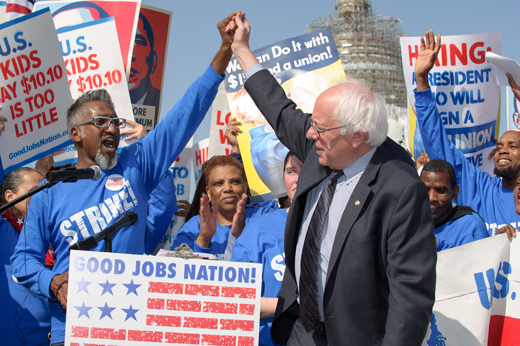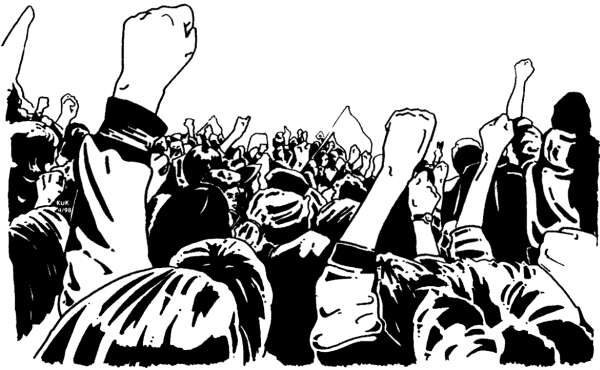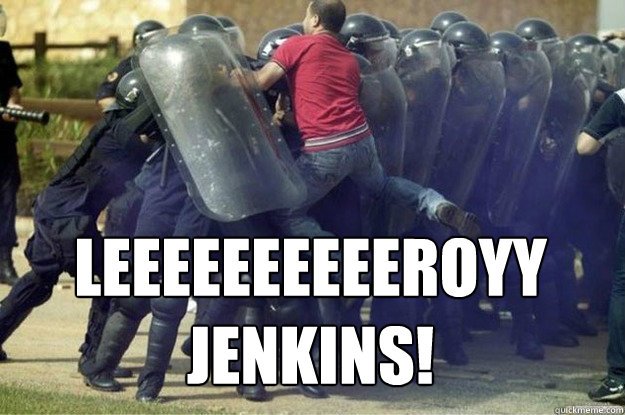Important news today. I feel so proud of all my friends, colleagues, and comrades who chose to intervene in history, to challenge ‘fate’, to not be indifferent about humanity’s future, to work to stop the Keystone XL. This victory is not everything, but it is certainly something—something important—in this age of resignation and hopelessness. May it be a harbinger of even bigger things to come. I am proud of you, every one of you, my dearest family, you who have chosen to not be indifferent.
I hate the indifferent. I believe that living means taking sides. Those who really live cannot help being a citizen and a partisan. Indifference and apathy are parasitism, perversion, not life. That is why I hate the indifferent…
I am a partisan, I am alive, I feel the pulse of the activity of the future city that those on my side are building is alive in their conscience. And in it, the social chain does not rest on a few; nothing of what happens in it is a matter of luck, nor the product of fate, but the intelligent work of the citizens. Nobody in it is looking from the window of the sacrifice and the drain of a few. Alive, I am a partisan. That is why I hate the ones that don’t take sides, I hate the indifferent.”
—Antonio Gramsci
Full quote here.






